Pharmacy Reform—€75 Million Investment Expands Frontline Care
Ireland’s government has announced a €75 million investment to modernise community pharmacy services. The reform empowers pharmacists to deliver expanded care, easing pressure on GPs and hospitals.
The Community Pharmacy Agreement 2025 marks a major shift in Ireland’s healthcare delivery. Finalised between the Department of Health and the Irish Pharmacy Union (IPU), the agreement allocates €25 million in 2025 and €50 million in 2026 to expand services, improve digital integration, and increase dispensing fees for the first time in 17 years C.
New services include:
• Minor ailment consultations through the Common Conditions Service
• Contraception support and prescription continuation
• Bowel screening facilitation via FIT kits
• Free condom distribution under the National Condom Distribution Service
• Expanded immunisation roles, including pneumococcal vaccines for over-65s
• National medicines disposal service to improve safety and sustainability
This reform positions pharmacists as frontline providers, especially in rural areas where GP access is limited. It also aligns with Ireland’s Digital for Care strategy, integrating pharmacies into ePrescribing and Electronic Health C Record systems.
Are you a pharmacist or support worker ready to embrace expanded roles? Join Hutano’s network and be part of Ireland’s evolving care model.


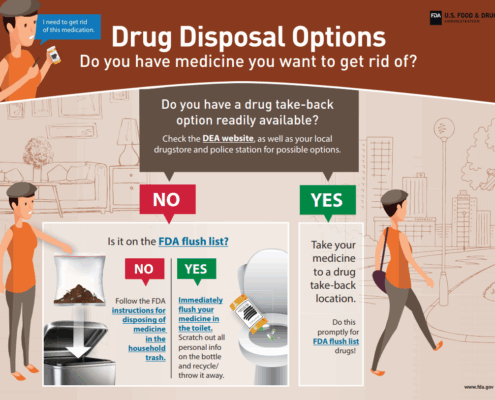

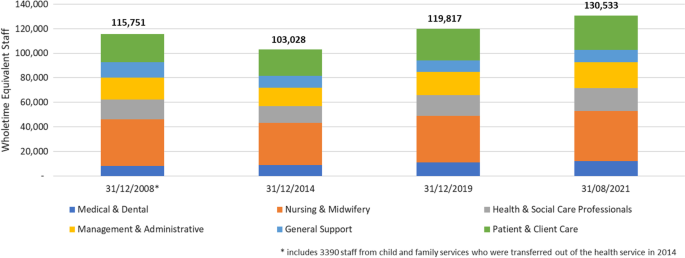
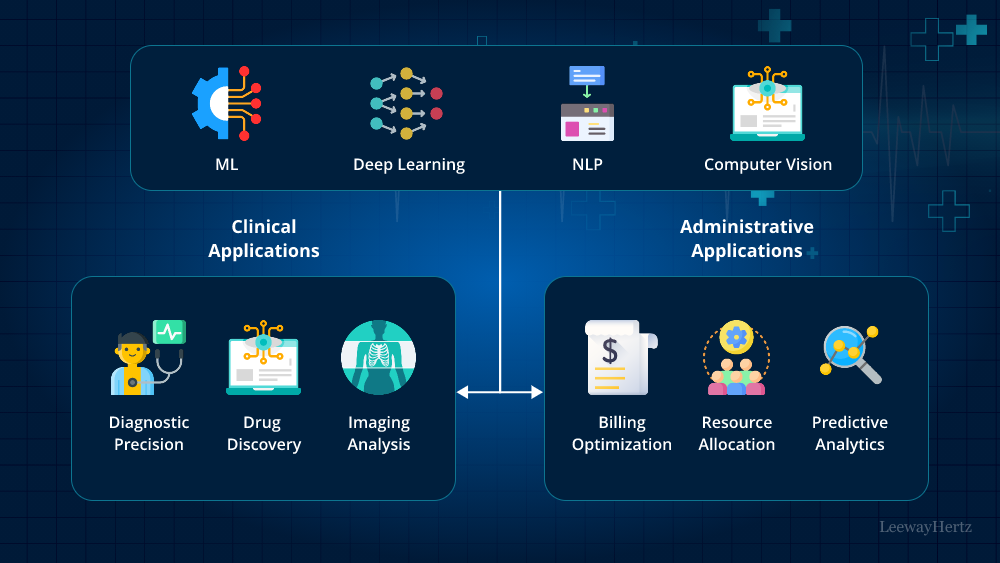

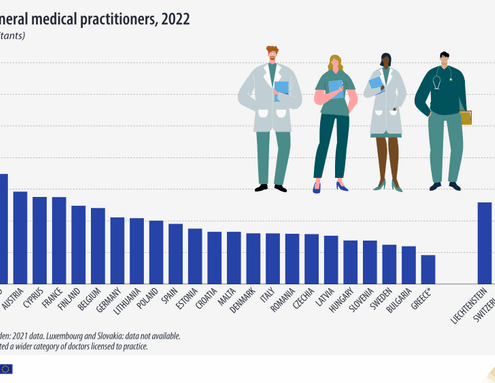
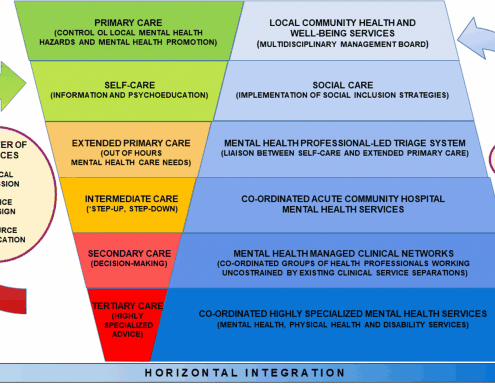



Leave a Reply
Want to join the discussion?Feel free to contribute!